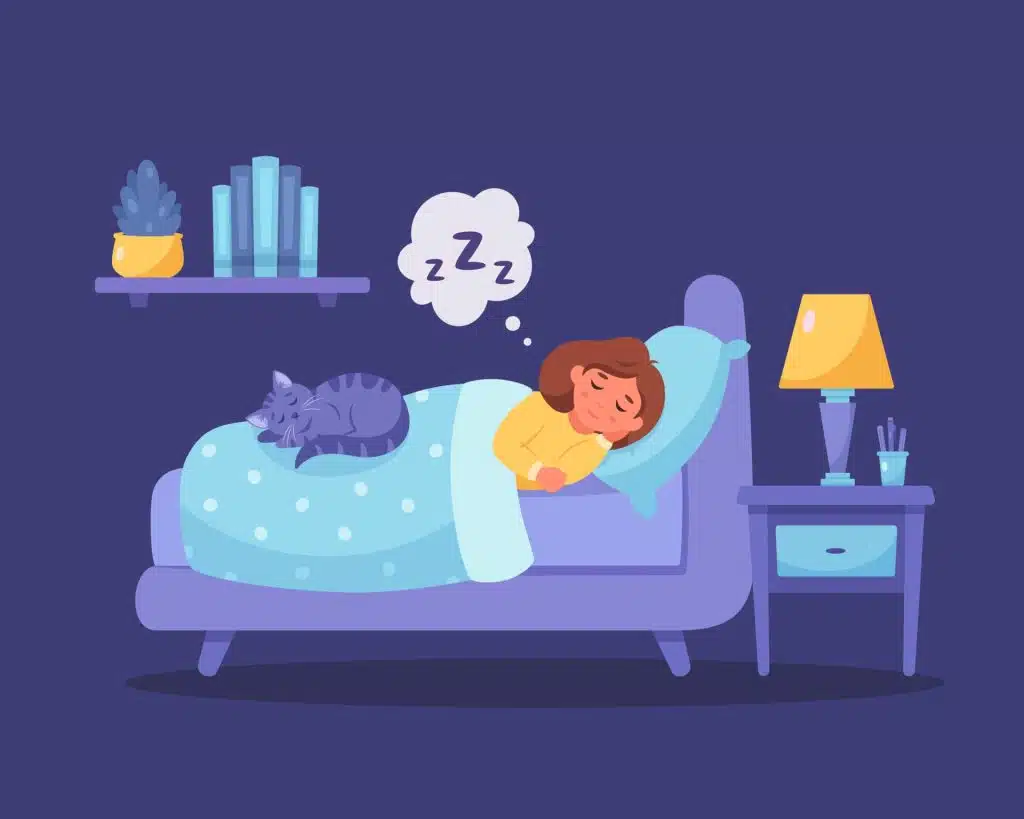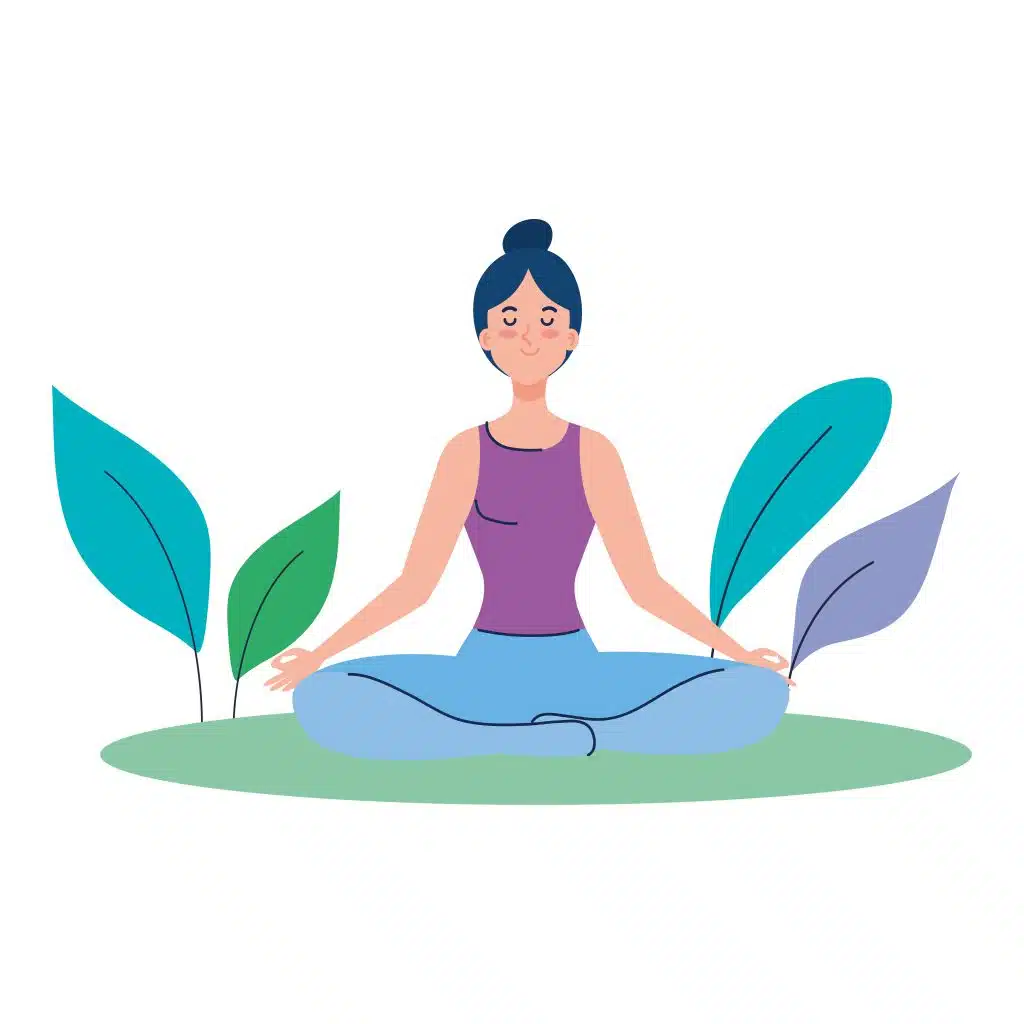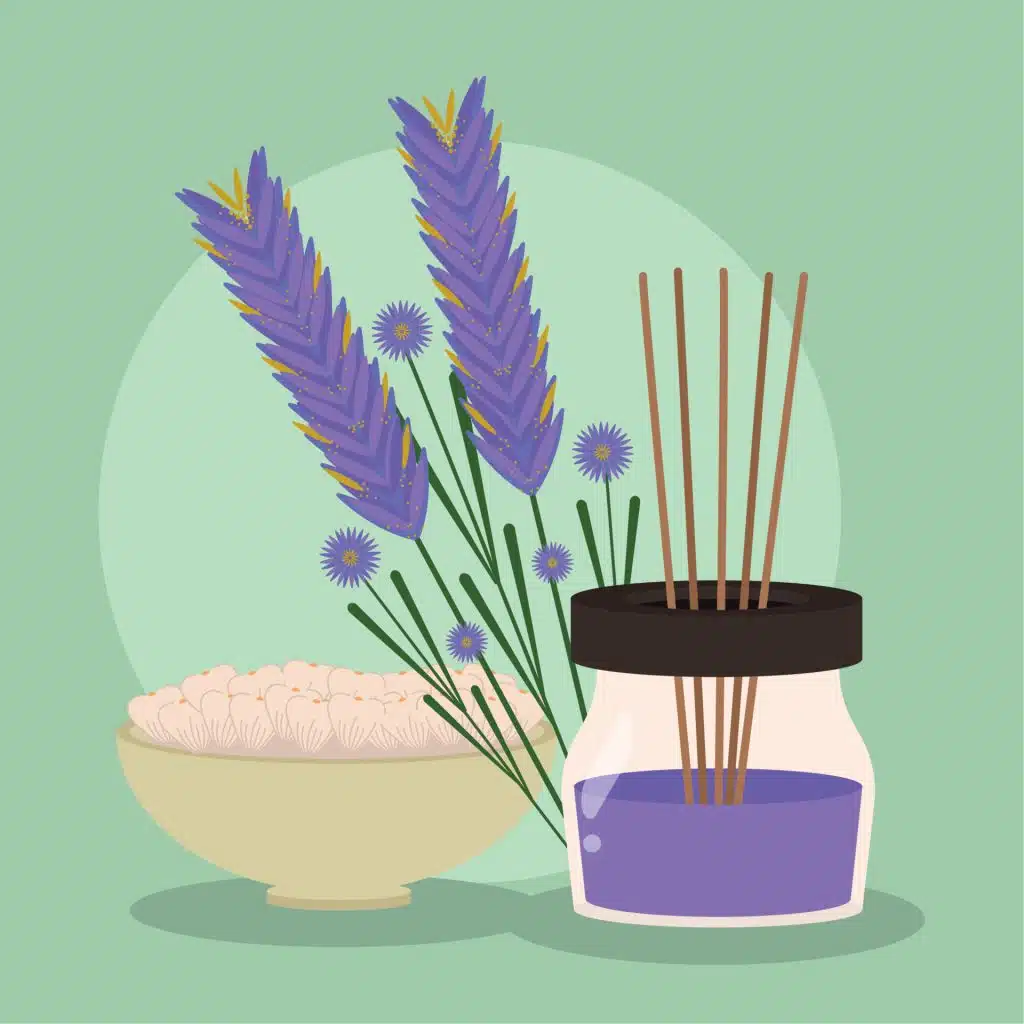The Importance of Getting Enough Sleep

Why it is important for folks over 50 to get plenty of sleep:
Getting enough sleep is crucial for individuals of all ages, but it becomes even more important as we get older, particularly for those over 50. Here are some reasons why:
Physical health: Sufficient sleep plays a vital role in supporting overall physical health. It helps to strengthen the immune system, regulate hormones, and maintain cardiovascular health.
Cognitive function: A good night’s sleep is essential for optimal cognitive function, including memory, attention, and problem-solving abilities. Lack of sleep can lead to decreased cognitive performance and an increased risk of cognitive decline.
Mood and mental health: Adequate sleep is connected to emotional well-being and mental health. Chronic sleep deprivation can contribute to increased anxiety, depression, and mood swings.
Energy and vitality: Quality sleep is linked to improved energy levels and overall vitality. It helps replenish energy stores, promote efficient metabolism, and support physical and mental stamina.
Preventing chronic conditions: Sustaining healthy sleep patterns is associated with a lower risk of chronic health conditions, such as obesity, diabetes, and hypertension.
Ways to create a bedtime routine:
Establishing a consistent bedtime routine can help signal your body that it’s time to wind down and prepare for sleep. Here are some tips to create an effective bedtime routine:
Set a consistent sleep schedule: Go to bed and wake up at the same time every day, even on weekends, to regulate your body’s internal clock.
Create a relaxing environment: Dim the lights, keep the noise levels down, and create a peaceful atmosphere in your bedroom. Consider using blackout curtains, earplugs, or a white noise machine if needed.
Avoid stimulating activities before bed: Limit screen time from televisions, computers, and smartphones a couple of hours before bedtime. Engage in calming activities instead, such as reading a book, listening to soft music, or taking a warm bath.
Develop a pre-sleep ritual: Engage in activities that promote relaxation, such as practicing mindfulness or meditation, doing light stretching exercises, or using relaxation techniques like deep breathing.
Avoid heavy meals and caffeine close to bedtime: Opt for light, easily digestible meals in the evening, and restrict caffeine consumption from coffee, tea, and certain sodas in the hours leading up to sleep.
Aromatherapy and benefits for seniors during sleep:
Aromatherapy involves the use of natural plant extracts, typically in the form of essential oils, to promote physical and mental well-being. Here are some potential benefits of aromatherapy for seniors during sleep:
Promoting relaxation: Certain essential oils, such as lavender, chamomile, and bergamot, are known for their calming properties and can induce a sense of relaxation, making it easier to fall asleep.
Reducing anxiety and stress: Aromatherapy can help alleviate anxiety and stress, which can be common in older adults. Essential oils like frankincense, ylang-ylang, and vetiver may have soothing effects on the mind and body.
Improving sleep quality: Aromatherapy has been found to improve sleep quality by increasing the duration of deep sleep and reducing sleep disturbances. Essential oils like cedarwood, sandalwood, and marjoram may contribute to a more restful sleep.
Assisting with regular sleep patterns: Aromatherapy can help establish a routine and signal the body that it’s time to sleep. Using specific scents consistently at bedtime may condition the mind to associate those aromas with sleep.
When using essential oils, it is essential to follow safe usage guidelines and consult with a healthcare professional, especially if you have any underlying health conditions or are taking medications that may interact adversely with specific oils.
Remember that sleep needs may vary among individuals, so it’s important to pay attention to your own sleep patterns and adjust your routine accordingly to achieve the optimal amount of restorative sleep.
Note: The information provided regarding aromatherapy is not intended as medical advice. Consult with a healthcare professional before using essential oils or aromatherapy products, particularly if you have any pre-existing conditions or sensitivities.






great tips!